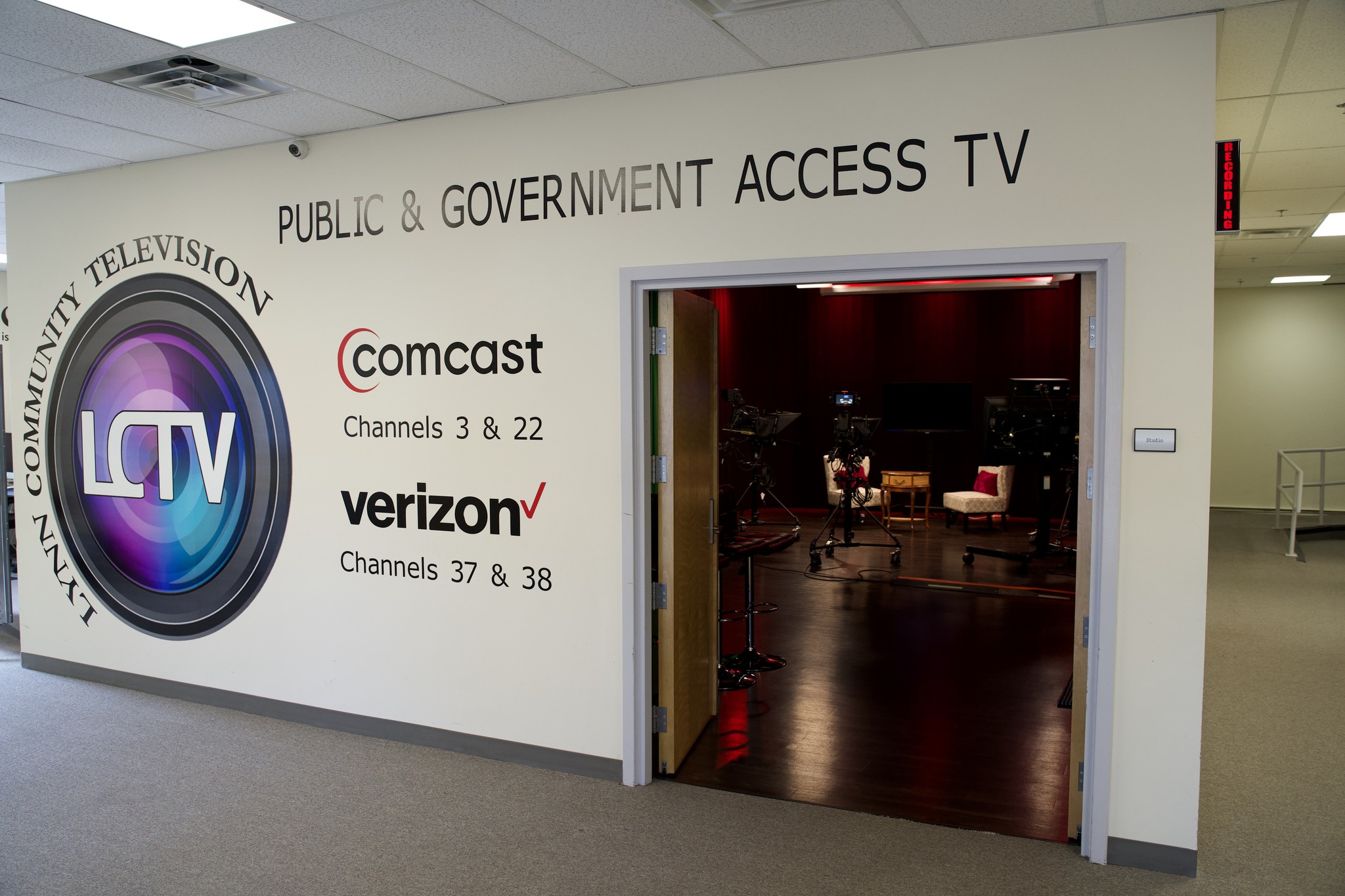
The City will invest more than $515,000 to upgrade traffic signals at seven intersections along Broad and Lewis Streets, designed to improve traffic flow and make a half-mile stretch of roadway safer and more efficient for drivers, cyclists and pedestrians.
Lynn will receive approximately $300,000 from the state Metropolitan Planning Organization’s Community Connections Funding Program and utilize cannabis host community funds for the balance.
“As our city grows, safe streets become more important to residents and businesses. This is going to help mobility efforts for all,” said Ward 3 Councilor Coco Alinsug. “I use this road more than any roads in Lynn, I see the frustration with our drivers and pedestrians, so I am excited for this project.”
Signals at the following intersections will be upgraded: Broad and Chestnut, Broad and Green, Broad and Nahant, Broad and Silsbee, Broad and Exchange, Lewis and Cherry, and Lewis and Autumn.
The project will include transit signal priority technology (TSP), which will improve the efficiency and reliability of bus service. As buses approach a traffic signal, a green light will be held for the bus to get through.
“This will improve the functionality of signals for everyone,” said City Planner Aaron Clausen, noting that the upgrades will also benefit pedestrians and include American with Disabilities Act (ADA) enhancements. “An ancillary benefit is that it will improve bus transit as well.”
The work will include upgrading and modernizing the traffic signal equipment at the intersections on what is also Route 1A.
“We are very pleased to be able to make these improvements,” said Mayor Jared C. Nicholson. “Not only will they improve traffic flow along a very busy corridor, we are hoping the improved efficiency of bus travel will prompt more people to utilize that means of public transportation.”
As part of the MPO grant application process, the City conducted a comprehensive signal inventory identifying capital needs and improvements to safety and efficiency at all of the intersections. The inventory identified traffic signal equipment in need of significant upgrades to address safety and operational deficiencies.
“The comprehensive upgrades to equipment will improve safety for all roadway users,” Clausen said.
The City is using funding it realized from host community agreements that were signed with cannabis businesses, revenue that is earmarked for improvements within a half-mile of a cannabis store.
Clausen said the Lynn Transit Action Plan, completed by the MBTA in 2020, noted that an average of 5,100 bus passengers travel on Broad Street daily and called for making improved bus transit a priority. Part of that is more reliable and consistent service, which this project will address. The Broad Street corridor currently carries three MBTA bus routes (441, 442 and 439), while portions of the project area are within a quarter-mile of three additional routes (436, 455 and 456).
“The more efficient we can make it, the more people can rely on it as a primary source of transportation,” Clausen said. “We have seen ridership go up. We want to make the transit system a more viable alternative to driving.”
The Inspectional Services Department will serve as project manager, working in collaboration with the DPW, Planning Department and the MBTA bus priority group.
The above press release was submitted to us by Mayor Nicholson’s office.
If you have a news story that you would like to share, please contact us via email or call 781-780-9460.

